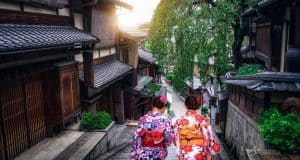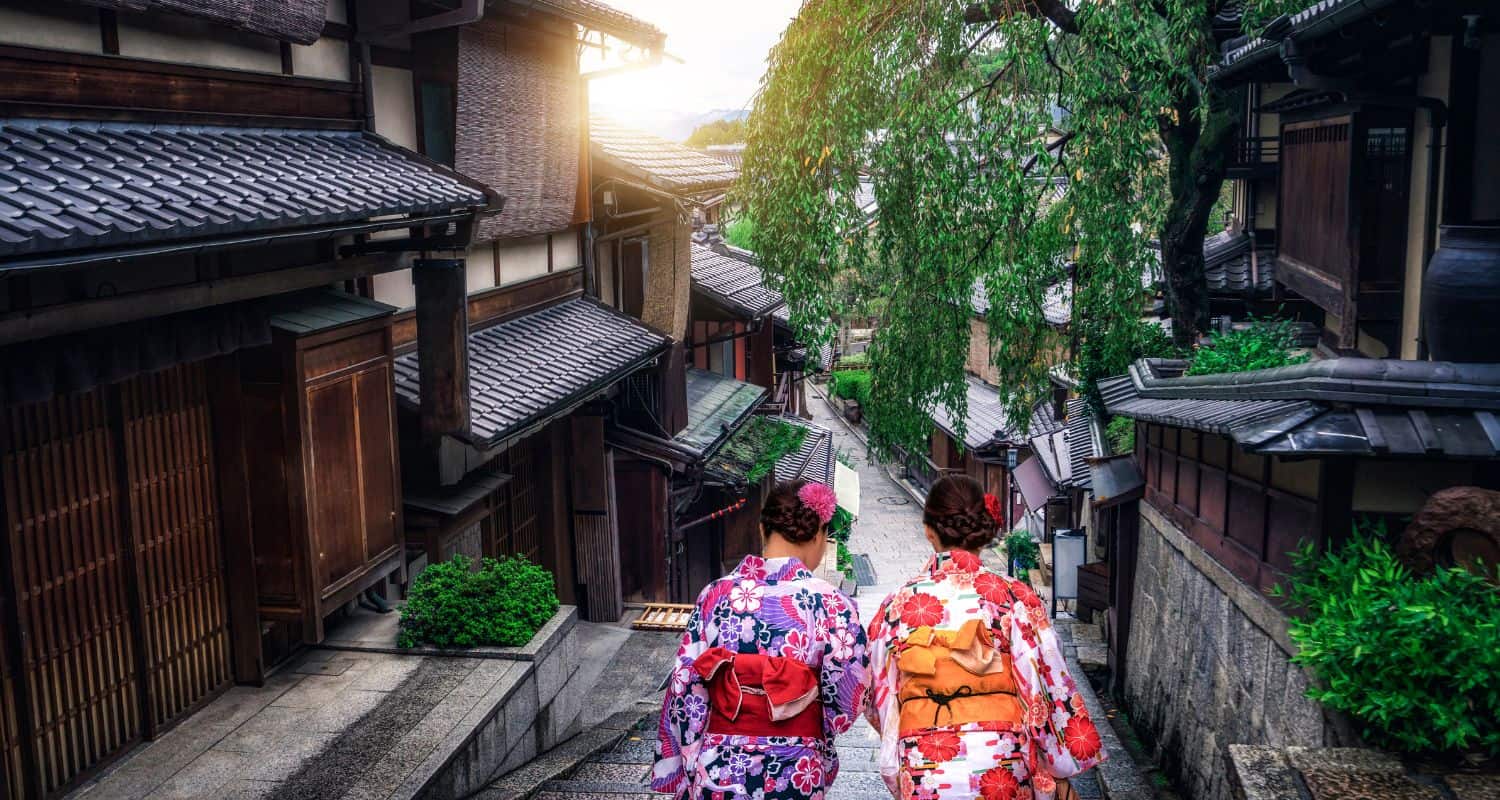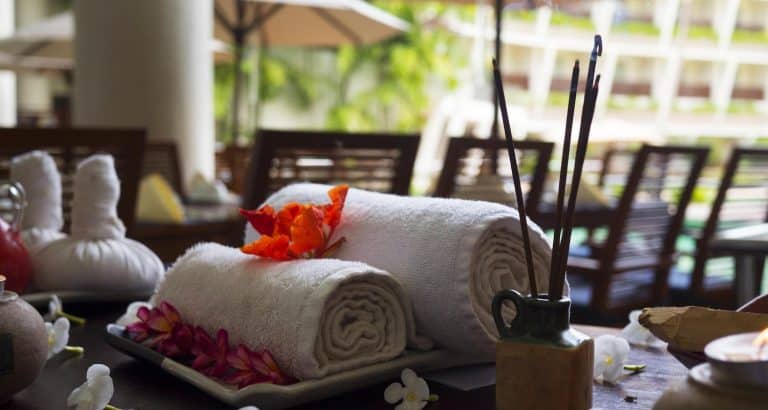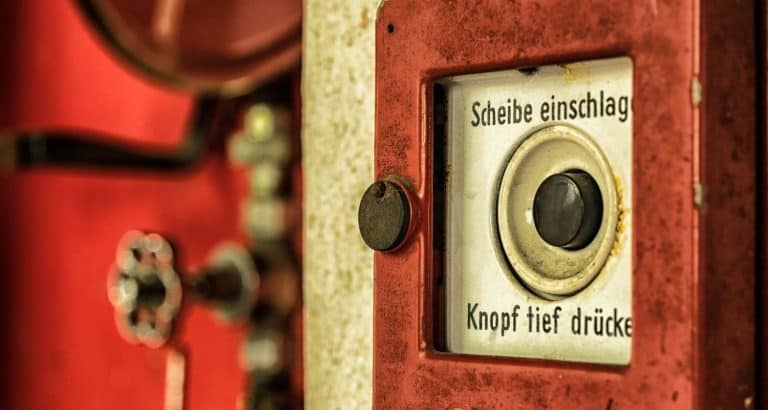How Much Are Hotels In Japan?
Are you planning a trip to Japan and wondering about the cost of accommodations? The price of hotels in Japan can vary greatly depending on various factors such as location, type of accommodation, time of the year, and amenities offered. In this article, we will discuss these factors and provide a comprehensive guide on the different types of accommodations available in Japan, as well as tips to save money while booking your stay.
Factors affecting hotel prices in Japan
Location
The cost of hotels in Japan is heavily influenced by their location. Accommodations in central areas of major cities like Tokyo, Osaka, and Kyoto are generally more expensive than those in smaller cities or rural areas. Likewise, hotels close to tourist attractions or public transportation hubs tend to have higher rates.
Type of accommodation
Japan offers a wide range of accommodation options, each with its own price range. From budget-friendly capsule hotels and hostels to luxurious five-star hotels and traditional ryokans, there’s something to suit every traveler’s budget.
Time of the year
Hotel prices in Japan can fluctuate significantly depending on the season. Peak travel seasons like the cherry blossom season in spring and the autumn foliage season can cause hotel rates to soar. On the other hand, you might find more affordable accommodations during the off-peak seasons.
Amenities and services
The cost of a hotel also depends on the amenities and services offered. Hotels with on-site restaurants, fitness centers, or spas may charge higher rates. Similarly, hotels offering complimentary breakfast or Wi-Fi access might be more expensive than those without these services.
Budget hotels
Capsule hotels
Capsule hotels are one of the most affordable options for accommodations in Japan. These compact, pod-like rooms offer basic amenities such as bedding, lighting, and a small TV. Prices can range from $20 to $50 per night, making them an ideal choice for budget-conscious travelers.
Business hotels
Business hotels cater to the needs of business travelers but are also suitable for tourists looking for reasonably-priced accommodations. These hotels typically offer small, functional rooms with basic amenities. Prices for business hotels usually range from $40 to $100 per night.
Hostels
Hostels are a popular choice among budget travelers, offering dormitory-style accommodations with shared facilities. Prices for hostels in Japan can range from $15 to $50 per night, depending on the location and level of comfort.
Mid-range hotels
Mid-range hotels in Japan offer a balance between comfort and affordability. These hotels typically provide more spacious rooms, better amenities, and on-site facilities such as restaurants or bars. Prices for mid-range hotels can range from $100 to $300 per night.
Luxury hotels
Luxury hotels in Japan provide top-notch services, amenities, and facilities, catering to travelers
seeking the ultimate in comfort and indulgence. These high-end hotels can be found in prime locations and often feature on-site spas, fine dining restaurants, and lavish rooms. Prices for luxury hotels in Japan can range from $300 to over $1,000 per night.
Ryokans
Traditional ryokans
Ryokans are traditional Japanese inns that offer a unique cultural experience. Staying at a ryokan often includes tatami-matted rooms, futon beds, and communal baths. Many ryokans also serve kaiseki meals, a multi-course Japanese dinner. Prices for traditional ryokans can range from $100 to over $500 per night, depending on the location and level of service.
Modern ryokans
Modern ryokans are a fusion of traditional Japanese inns and contemporary hotels. They offer a mix of Western-style beds and traditional Japanese features, such as tatami-matted rooms and hot spring baths. Prices for modern ryokans can vary, but they typically range from $150 to $500 per night.
Love hotels
Love hotels are a unique type of accommodation in Japan that cater to couples seeking privacy. These hotels often feature themed rooms and various amenities for a romantic getaway. Prices for love hotels can range from $50 to $200 per night, depending on the location and theme of the hotel.
Tips for saving money on accommodations in Japan
Booking in advance
To get the best deals on accommodations in Japan, it’s a good idea to book your stay well in advance. This is especially important if you plan to travel during peak seasons when hotels tend to fill up quickly and prices can skyrocket.
Staying in less popular areas
Choosing to stay in less popular or less central areas can significantly reduce the cost of accommodations. You might need to spend more time on transportation, but the savings can be substantial.
Using discount booking websites
There are several websites that offer discounted rates on accommodations in Japan. Keep an eye out for deals and promotions on popular booking websites, such as Booking.com, Agoda, or Rakuten Travel.
Conclusion
In conclusion, the cost of hotels in Japan can vary widely depending on factors such as location, type of accommodation, time of the year, and amenities offered. With options ranging from budget-friendly capsule hotels and hostels to luxurious five-star hotels and traditional ryokans, there’s something to suit every traveler’s budget. By booking in advance, staying in less popular areas, and using discount booking websites, you can save money on accommodations and make the most of your trip to Japan.
FAQs
What is the average cost of a hotel in Japan?
The average cost of a hotel in Japan can range from $20 for a capsule hotel to over $1,000 for a luxury hotel. Prices depend on factors such as location, type of accommodation, time of the year, and amenities offered.
Is it cheaper to book hotels in Japan in advance?
Yes, booking hotels in advance can help you secure better deals and ensure availability, especially during peak travel seasons.
Are there any unique accommodation options in Japan?
Yes, Japan offers several unique accommodations, such as capsule hotels, ryokans (traditional Japanese inns), and love hotels.
What is the best time to travel to Japan for affordable hotel rates?
The best time to travel to Japan for affordable hotel rates is during the off-peak seasons, such as late winter or early autumn.
Can I find budget-friendly accommodations in major Japanese cities?
Yes, budget-friendly accommodations like capsule hotels, hostels, and business hotels can be found in major Japanese cities, though they may be located in less central or popular areas.
How can I save money on accommodations while traveling in Japan?
To save money on accommodations in Japan, consider booking in advance, staying in less popular areas, and using discount booking websites to find the best deals.
Is it common for hotels in Japan to include breakfast in the room rate?
Some hotels in Japan do include breakfast in the room rate, but it’s not a universal practice. Be sure to check the hotel’s policy or inquire about breakfast options when making your reservation.
Are there any family-friendly accommodations in Japan?
Yes, many hotels and ryokans in Japan cater to families, offering larger rooms or connecting rooms, as well as kid-friendly amenities and activities.
Do hotels in Japan offer Wi-Fi access?
Most hotels in Japan offer Wi-Fi access, either for free or at an additional cost. It’s best to check with the hotel before booking to confirm whether Wi-Fi is included in the room rate.
What is the check-in and check-out time for hotels in Japan?
Check-in and check-out times can vary between hotels in Japan, but generally, check-in is around 3:00 PM and check-out is around 10:00 AM. Some hotels may offer late check-out or early check-in options for an additional fee.
Fact Check
Are you planning a trip to Japan and wondering about the cost of accommodations? The price of hotels in Japan can vary greatly depending on various factors such as location, type of accommodation, time of the year, and amenities offered. In this article, we will discuss these factors and provide a comprehensive guide on the different types of accommodations available in Japan, as well as tips to save money while booking your stay.

URL: https://www.peeryhotel.com/how-much-are-hotels-in-japan/
Author Name: Peery Hotel
Published Date: May 15, 2023
Appearance Author: Peery Hotel
Appearance Published Date: May 15, 2023
Alternate Name: True
4.5







